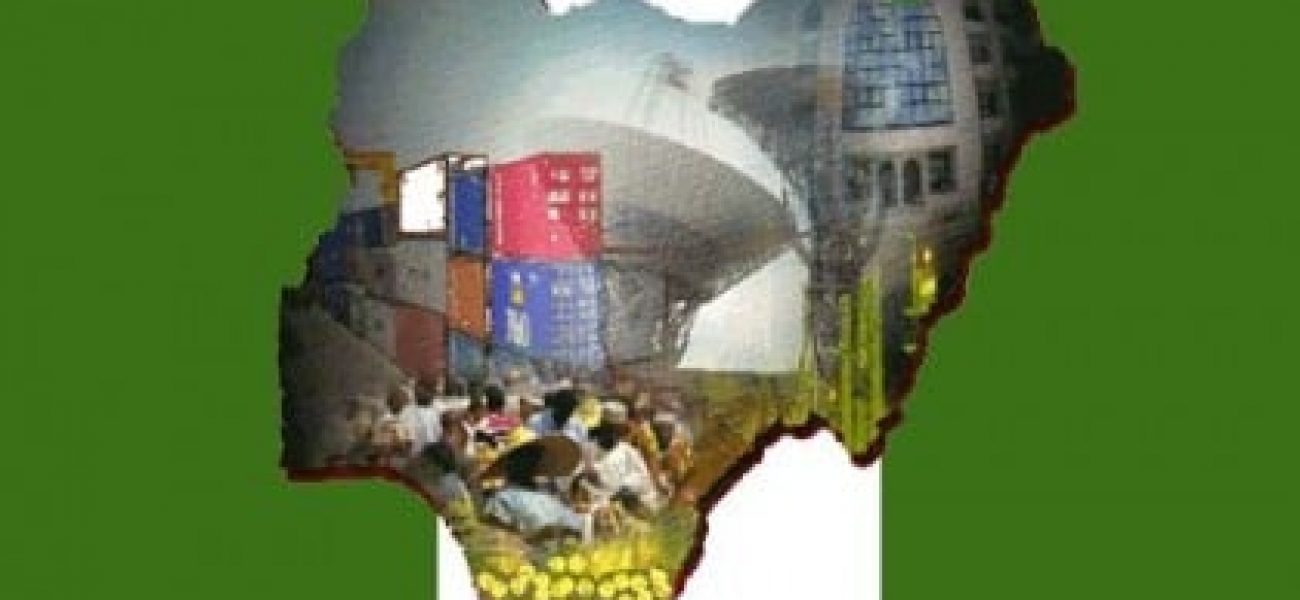With the Central Bank of Nigeria (CBN) effectively devaluing the Naira from its official rate of N305 to N360, and the parallel rates exceeding N380 already, the country’s economy seems set for a massive tumble. Nigeria’s economy appears set for a hit with oil prices tumbling from a high of $75 to a new low of $26 per barrel. Current oil prices of course significantly distort the 2020 National budget of N10.59 trillion, whose funding is dependent on it. The country’s leaders are already scrambling to find answers to the present situation. An Economic Stimulus Bill passed in record time by the House of Representatives on Tuesday, March 24 seeks to provide temporary relief to companies and individuals regarding the adverse financial consequences of the slow down in economic activities, brought on by the outbreak of COVID-19. Details of the Bill include tax relief for companies who do not retrench or sack staff within the year. It also provides for import duty waiver on medicines and medical goods, as well as deferment of mortgage obligations on residential mortgages. This Bill will get passed in the Senate and receive presidential assent before becoming operational.
The currency adjustment may not be the only economic implication for Nigeria as it tackles COVID-19. A partial or even total lockdown of the country may mean that the livelihood of many Nigerians will be adversely affected. Although the reduction in economic activities may mean a recession for economies around the world, some countries have already put measures in place to cushion the fallout being experienced in this period, in form of grants to individuals and businesses, as well as postponed deadlines for filing tax returns, among other incentives. However, in Nigeria, citizens worry that there is no respite in sight, as the only positive development recorded so far is a reduction in the pump price of Petroleum Motor Spirit (PMS) commonly known as petrol. Its unit price of N145 per litre was reduced to N125 per litre, occasioned more by the drop in oil price in recent weeks, rather than deliberate alleviation. The Economic Stimulus package passed as private members’ Bill in the House, which is yet to become law, is seen by many as too little in what seems likely to be very tough times ahead.

